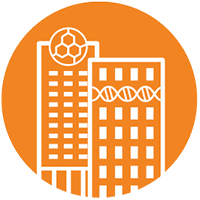Endorsed by Duke AHEAD Steering Committee, November 18, 2015 (Last updated 11/18/15)
Significance of this competency
We are all learners, and as educators, we learn when we teach and when we practice. For decades, scholars have studied how people learn, ways to facilitate/enhance learning, the nature of positive learning environments, and ways to modify approaches to teaching in order to meet the unique needs of diverse learner populations and the variety of material to be learned. Such scholarly efforts have led to the development and testing of many theories and principles that guide educators as they design, implement and evaluate learning experiences with students in classroom, laboratory and complex clinic settings. Effective health professions educators continually build the foundation of theories and principles on which their teaching methods are based and use that knowledge to facilitate learning for diverse student groups.
Behaviors that demonstrate this competency
- Design learning experiences that reflect an understanding of good principles of teaching and learning
- Employ evidence-based teaching practices that acknowledge the needs of diverse learner populations, enhance integrative thinking and creativity, and are effective in helping learners achieve desired learning outcomes and overall curriculum goals
- Use oral, written, and electronic communication skills effectively to facilitate learning
- Design or select learning experiences that foster the cognitive, psychomotor, and affective development of learners
- Modify teaching practices based on self-reflection, learner feedback and achievement, and insights gained from theories and principles related to teaching and learning
- Demonstrate interest in and respect for learners
- Show enthusiasm for teaching and learning, that inspires and motivates learners


